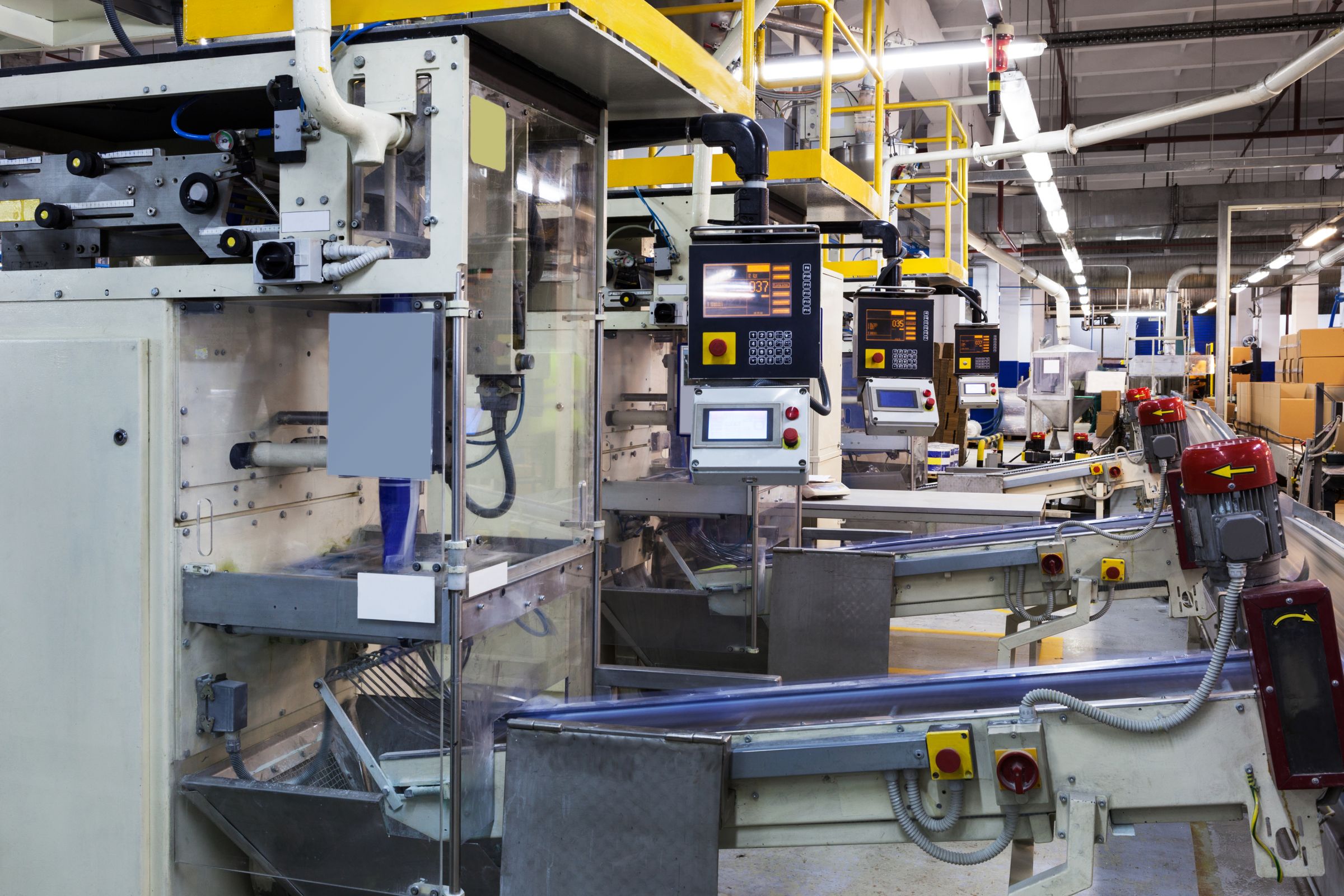The Crucial Role of Manufacturing Facilities in Building Strong Communities

13 Oct 2023
News
Manufacturing facilities play a pivotal role in shaping the economic, social, and environmental landscape of a community. These facilities serve as the backbone of a region's economic vitality, contributing to job creation, innovation, and economic & community development. Let's explore the importance of manufacturing and their facilities in a community, shedding light on the multifaceted benefits they bring to the table.
ECONOMIC PROSPERITY
Manufacturing facilities are significant drivers of economic prosperity. They create job opportunities at various skill levels, from entry-level positions to high-skilled engineering and management roles. These jobs provide individuals with stable incomes, leading to increased consumer spending and, subsequently, a stronger local economy. The economic ripple effect extends to local businesses such as restaurants, shops, and service providers, as manufacturing workers become customers. Additionally, manufacturing facilities often source materials locally, further boosting the regional economy.
TECHNOLOGICAL ADVANCEMENTS
Manufacturing facilities are hotbeds of innovation. They invest in research and development, fostering the growth of cutting-edge technologies. These facilities drive technological advancements that have a wide-reaching impact, not only within the community but also on a global scale. From robotics and automation to sustainable production methods, the innovations stemming from manufacturing facilities benefit society by enhancing efficiency and sustainability.
SKILL DEVELOPMENT
The presence of manufacturing facilities in a community encourages skill development and education. Local schools, colleges, and technical institutions may collaborate with these facilities to offer training programs that cater to the specific needs of the industry. This fosters a culture of continuous learning, enabling residents to acquire skills that are not only valuable within the manufacturing sector but also transferable to other industries.
INFRASTRUCTURE AND SERVICES
Manufacturing facilities often require significant investments in infrastructure. Roads, utilities, and transportation systems are upgraded or expanded to meet the needs of these facilities. The community benefits from improved infrastructure, which enhances the overall quality of life. Additionally, as new manufacturing facilities are built and existing ones expand, they contribute to the tax base, enabling local governments to invest in public services such as healthcare, education, and public safety.
ENVIRONMENTAL RESPONSIBILITY
In recent years, there has been a growing emphasis on sustainable manufacturing practices. Many facilities are adopting environmentally-friendly processes and reducing their carbon footprint. By doing so, they contribute to a cleaner and healthier community. These initiatives often involve the use of renewable energy sources, reduced waste generation, and responsible resource management. Thus, manufacturing facilities can set an example for environmentally conscious practices that inspire others in the community to follow suit.
COMMUNITY ENGAGEMENT AND SUPPORT
Manufacturing facilities are often deeply engaged in the communities where they operate. They support local charities, sponsor educational programs, and participate in community events. This engagement goes beyond financial contributions; it fosters a sense of belonging and unity among community members. Manufacturing companies often encourage their employees to volunteer and be actively involved in community service, further strengthening the social fabric.
Manufacturing facilities are far more than just industrial spaces, they are integral components of a thriving community. Their economic, technological, and environmental contributions cannot be overstated. Manufacturing facilities create jobs, stimulate innovation, develop skills, improve infrastructure, and contribute to the overall well-being of the community. It is essential to recognize and appreciate the significance of these facilities in building strong, resilient, and prosperous communities. In a rapidly changing world, embracing and supporting the manufacturing sector is a wise investment in the future of our communities.
More Topics
















